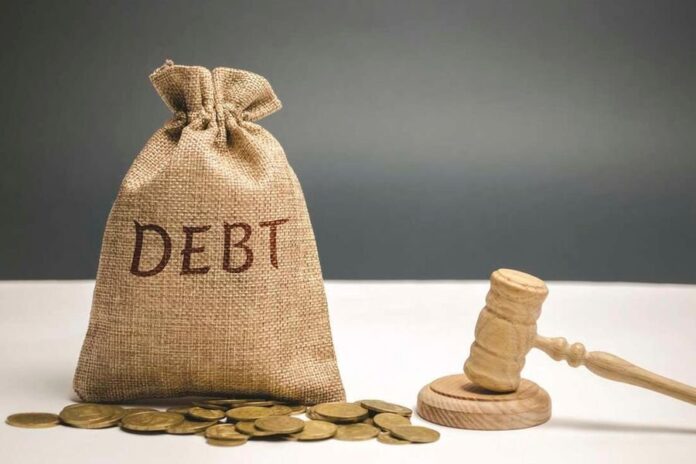Nigeria’s rising debt profile has become a major source of concern for policymakers, economists, and citizens alike. While borrowing is a necessary tool for economic growth when used responsibly, the sustainability of Nigeria’s debt is now in question. The country’s debt servicing obligations are consuming an increasing share of government revenues, limiting investments in critical infrastructure, healthcare, and education. Without a clear strategy to ensure debt sustainability, Nigeria risks falling into a debt trap that could cripple its economic future.
Recent data from the Debt Management Office (DMO) indicates that Nigeria’s total public debt has surged past the $100 billion mark, with external and domestic borrowings rising sharply. While the federal government argues that borrowing is necessary to fund infrastructure and development projects, the real issue lies in the nation’s ability to repay these loans without sacrificing economic stability. The alarming debt-service-to-revenue ratio, which currently exceeds 80 per cent, is a red flag. This means that for every ₦100 earned by the government, over ₦80 goes toward servicing debt, leaving little room for essential expenditures.
The impact of unsustainable debt on the economy cannot be overstated. High debt-servicing costs put pressure on government finances, forcing the country to borrow even more just to meet existing obligations. This cycle of borrowing to pay debt weakens investor confidence, depreciates the naira, and increases inflationary pressures. Furthermore, excessive debt burdens limit Nigeria’s ability to respond effectively to economic shocks, such as fluctuations in oil prices, which remain the primary source of government revenue.
Nigeria must adopt a more strategic approach to debt management to avoid a looming crisis. First, the government must focus on revenue generation through tax reforms, widening the tax base, and curbing leakages in public finance. Expanding non-oil revenue sources, such as agriculture, manufacturing, and technology, will reduce dependence on external borrowing. Second, transparency and accountability in loan utilisation are crucial. Borrowed funds must be directed toward projects that generate economic returns, rather than recurrent expenditures or politically motivated ventures.
Additionally, Nigeria must renegotiate unfavorable loan terms and explore alternative funding sources such as public-private partnerships (PPPs) for infrastructure development. The government should also prioritise domestic borrowing over external loans to reduce exchange rate risks and exposure to global financial shocks.
Debt can be a tool for progress, but only when managed prudently. Nigeria’s current trajectory demands urgent reforms to ensure debt sustainability. If left unchecked, the country risks plunging into a financial crisis that will burden future generations. The time to act is now—before debt becomes Nigeria’s undoing.





